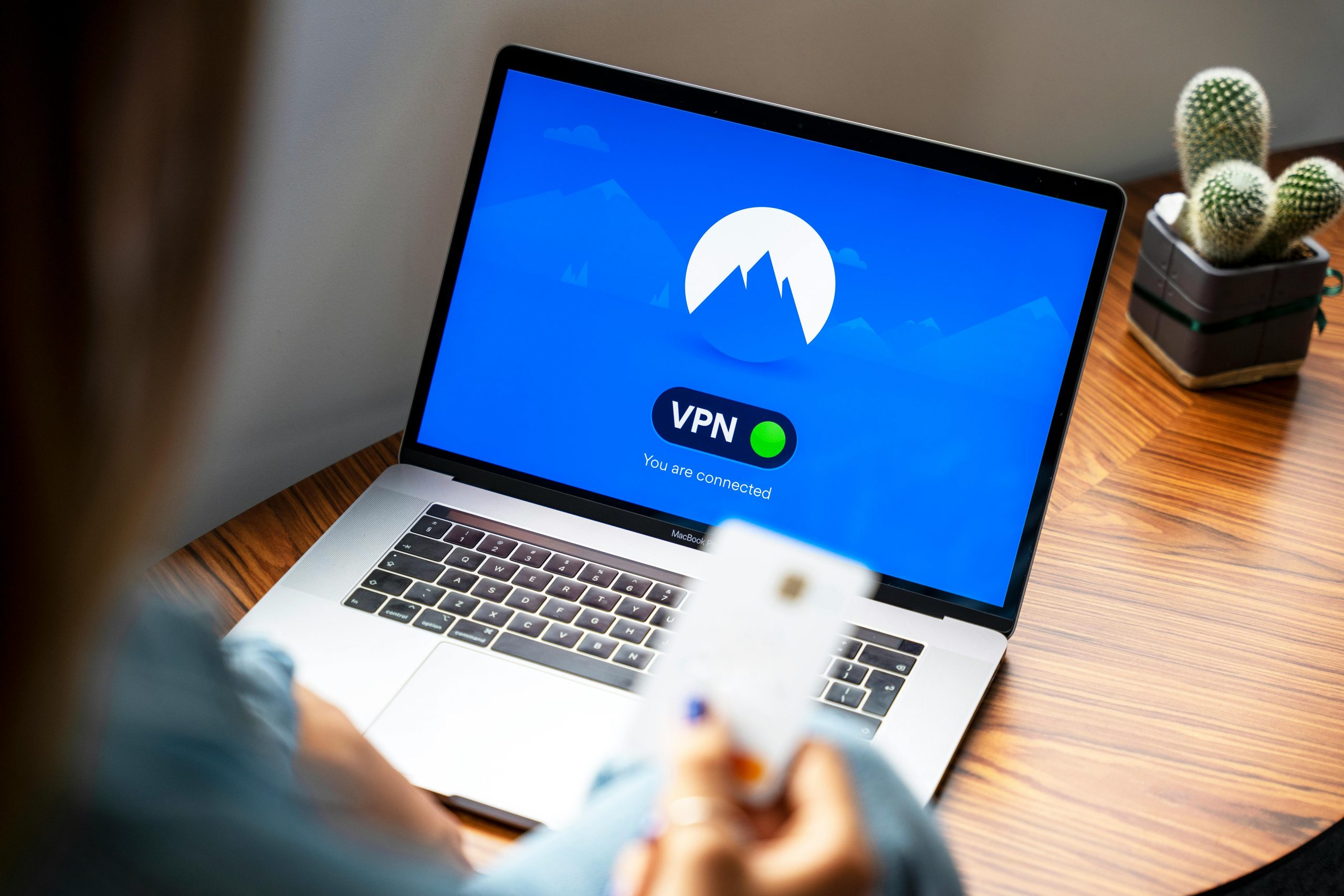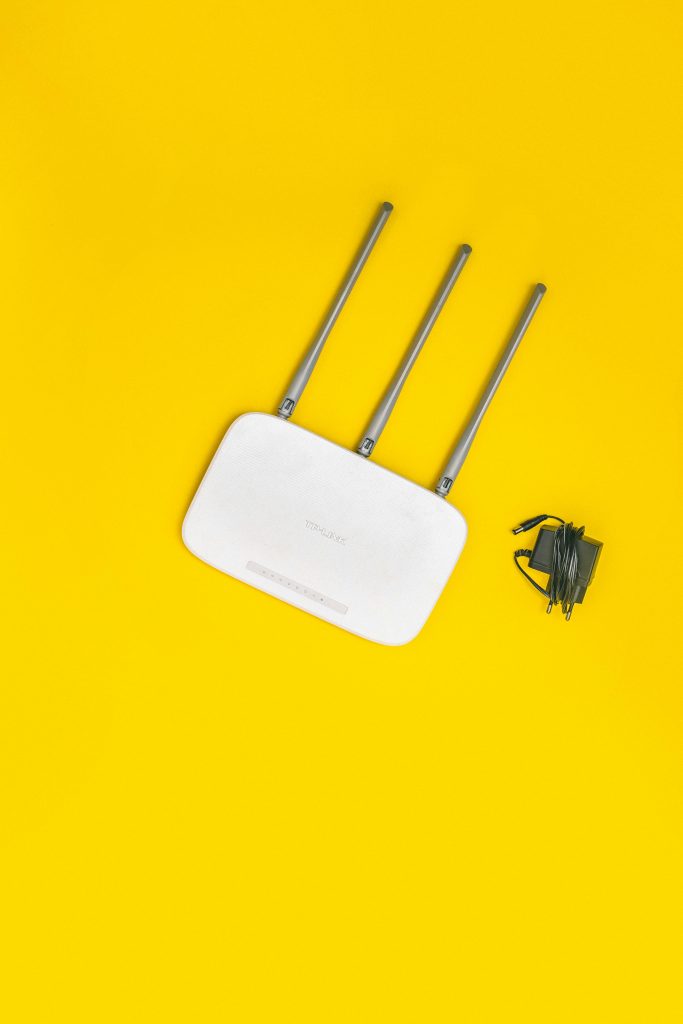Unraveling the Mystery: Remote Access to My Computer
In the realm of IT support, we often encounter an array of challenges, but sometimes we face situations that truly leave us stumped. Recently, I experienced a perplexing incident involving unknown remote access to my computer, specifically through the Firefox browser, which raised numerous questions about security practices and potential vulnerabilities.
The Incident
To provide a brief overview, I noticed an unfamiliar presence on my system when I found that someone had managed to remotely take control of my computer. Here’s a step-by-step account of what transpired:
- Firefox was already open.
- An unauthorized party opened a new tab in Firefox.
- They proceeded to search for “Google” in the address bar—though they initially misspelled it.
- Following that, they looked for a specific cryptocurrency game and hit ENTER.
It was at this moment that I decided to take immediate action: I disconnected my network cable to prevent any further access.
Taking Precautionary Measures
In the wake of this unsettling experience, I implemented several security measures:
- Disabled remote access to my PC
- Uninstalled AnyDesk (which I use for work purposes)
- Performed extensive scans with Malwarebytes and its rootkit scanner, both of which yielded no results
- Changed my local security policy to restrict network connections
- Removed any recently installed software, including ClipClip and Winamp
I ensured that my Windows operating system was fully updated, and I relied on Windows Defender as my antivirus solution.
Questions That Linger
While I plan to reinstall Windows 10 as a precaution, I’m left grappling with two pressing questions:
- How could this have happened?
- Why would someone search for that particular game?
The “how” may be a complex puzzle to solve, but the “why” intrigues me even more. What motivated this individual to search for a cryptocurrency game on my system?
Updates on the Situation
After some deliberation and attempts at troubleshooting, I didn’t uncover any definitive cause for the remote access. It’s possible that a browser extension, AnyDesk, or potentially something more sinister was to blame. I’ve since removed all extensions except for LastPass, uBlock Origin, and Dark Reader, reinforcing my security practices. Additionally, I now make it a habit to power off my computer when not in use and lock it whenever I step
Share this content:




It’s understandable to be concerned about unexpected remote access incidents. Based on the details you’ve provided, here are some recommendations to further secure your system and investigate potential vulnerabilities: